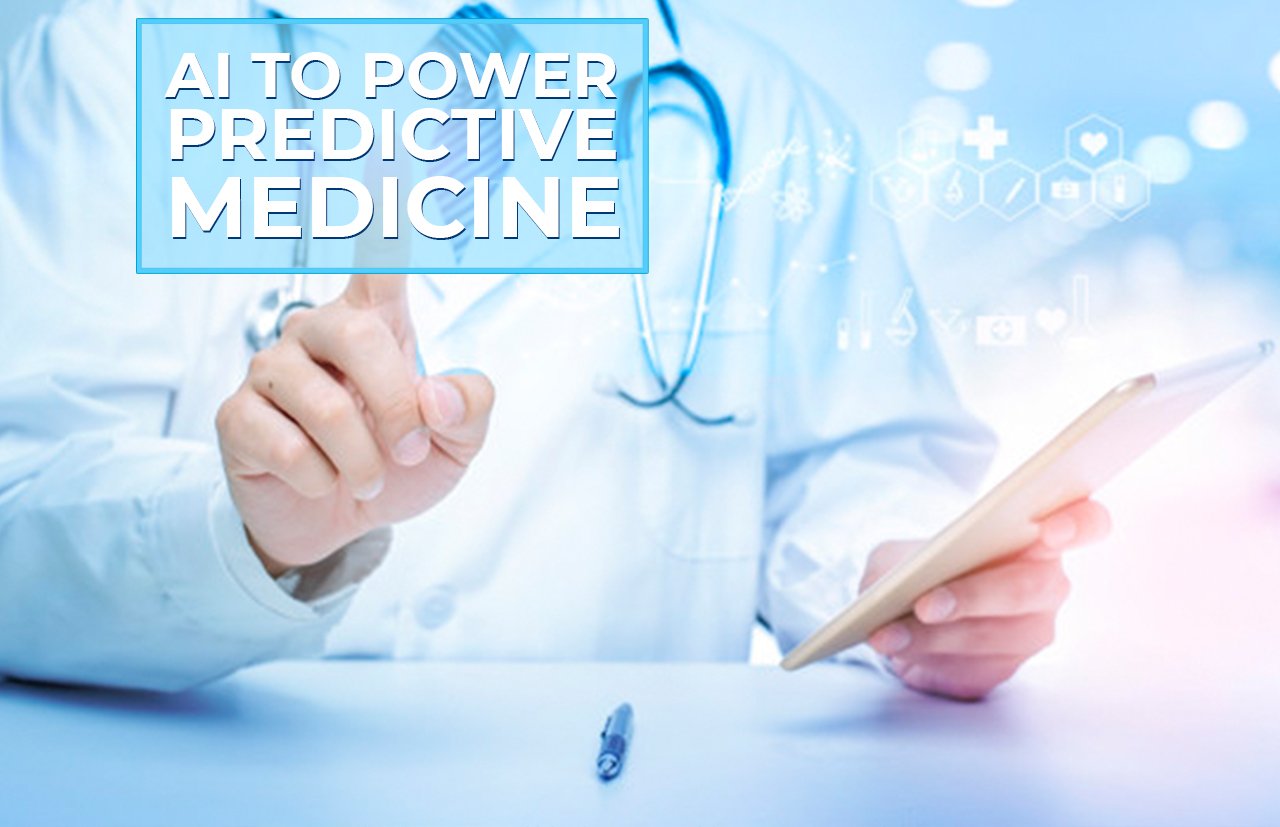Here’s how the healthcare industry will evolve over the next decade
Artificial Intelligence (AI) can now be deployed to unearth patterns from humongous amounts of data that are either too complex or very subtle to detect using traditional analytical tools. Today in the healthcare sector much of this data remains dormant in silos like datacenters or end point devices used by doctors and other healthcare professionals. These could include both medical and non medical records.
While the use of AI in the healthcare sector is at a nascent stage at this point in time, experts predict that AI powered systems should be able to deliver predictive medicines and predictive care depending on the unique needs of every individual by 2030.
Predictive Care
Karla Kriwet, CEO, Connected care and Health Informatics at Royal Philips predicts that the first big consequence of the use of AI is that in the next ten years health systems will be able to deliver both proactive and predictive care.
According to Kriwet, a combination of AI and predictive analytics will help data scientists in the healthcare sector to get deeper insights into disparate factors affecting human health. As a consequence, medical professionals will be able to predict when one might catch an infection taking into consideration a variety of other relevant pieces of information such as place of birth, eating habits, place of work and local pollution levels. This implies that health systems can predict when an individual is at the risk of developing a chronic disease and suggest various preventive measures before it gets worse. Already this development has been so successful with respect to certain diseases such as diabetes and congestive heart disease that their rates have been declining.
Medical Informatics researchers at the School of Medicine, Universite Libre de Bruxelles, Brussels, Belgium observe that Food and Drug Administration(FDA) has already approved many algorithms that will lead to the development of augmented medicine. Augmented medicine is not only enabled by AI, but also by several other digital tools such as surgical navigation systems for computer assisted surgery, VR tools for surgery, pain management and psychiatric disorders.
Connected Care
Kriwet also believes that networked hospitals and connected care will be the order of the day in the coming years as the healthcare industry worldwide would
digitally transform. Once this happens the hospital as we know would no more be one big building offering specialization in treating a broad range of diseases. Instead it will cater to only those who are critically ill and highly complex procedures while less urgent cases will be monitored and treated at retail clinics, specialist treatment clinics and even at the homes of the patients. All these locations will be connected to a single digital infrastructure. Centralized command centers will analyze clinical and location data to monitor supply and demand data across the network. Using AI to spot patients with deteriorating conditions and directing the right care required at the right places the system will get the right healthcare professionals to care for each patient.
“In 2030, AI-powered predictive healthcare networks are helping to reduce wait times, improve staff workflows and take on the ever-growing administrative burden. The more that AI is used in clinical practice, the more clinicians are growing to trust it to augment their skills in areas such as surgery and diagnosis,” observes Kriwet.
The patient-staff experiences are also expected to improve dramatically with the use of AI and other digital technologies. And that the systems will achieve by constantly learning from every patient and every diagnosis.
However connected care will be a long and complex journey where governments, private healthcare institutions and technology providers will all have to collaborate to ensure that various IT systems are interoperable and scalable. Considering the complexities involved it will be a decade before we get there.


